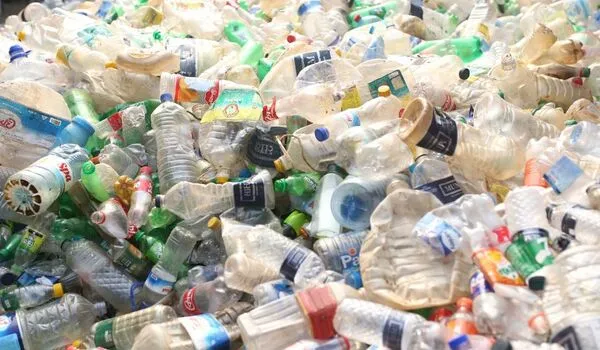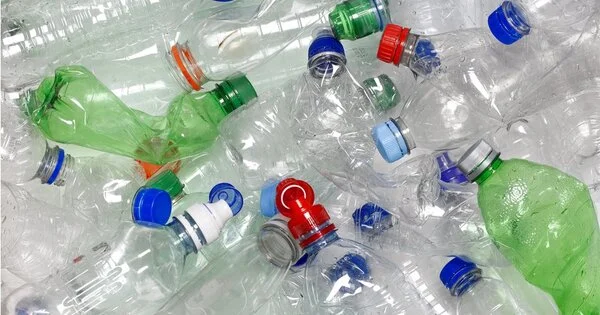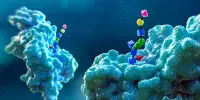There has been a lot of research and development in the field of plastic recycling in recent years. Scientists and engineers are working to find ways to make plastic more recyclable and to improve the efficiency of the recycling process.
One approach is to design plastic products and packaging materials that are more easily recyclable, by using fewer types of plastic or by incorporating features that make them easier to sort and process at recycling facilities. Another approach is to develop new technologies that can recycle plastic more effectively, such as advanced sorting systems and chemical recycling processes. These efforts are aimed at reducing the environmental impact of plastic and helping to create a more sustainable society.
Scientists at the DOE’s Institute for Cooperative Upcycling of Plastics (iCOUP) in the United States have developed a new method for recycling high-density polyethylene (HDPE).
Scientists at DOE’s Argonne National Laboratory and Cornell University used a novel catalytic approach to convert post-consumer HDPE plastic into a fully recyclable and potentially biodegradable material with the same mechanical and thermal properties as the starting single-use plastic.
By using waste plastic as an untapped feedstock and transforming it into a new material that can be recycled repeatedly without loss of quality, this new approach could reduce carbon emissions and pollution associated with HDPE.
Because it is strong, flexible, long-lasting, and inexpensive, HDPE is widely used in single-use applications. However, the methods by which we produce and dispose of HDPE pose serious threats to our own and the planet’s health.
Many HDPE products are manufactured using fossil fuels, and the majority of post-consumer HDPE is either incinerated, disposed of in landfills, or lost to the environment. The material’s quality degrades when recycled using current methods.
By using waste plastic as an untapped feedstock and transforming it into a new material that can be recycled repeatedly without loss of quality, this new approach could reduce carbon emissions and pollution associated with HDPE.

Current HDPE recycling approaches yield materials with inferior properties. The team’s alternative approach uses a series of catalysts to cleave the polymer chains into shorter pieces that contain reactive groups at the ends. The smaller pieces can then be put back together to form new products of equal value. The end groups have the added benefit of making the new plastic easier to decompose, both in the lab and in nature.
A paper on the results was published in the Journal of the American Chemical Society.
Recycling plastic is an important way to reduce waste and conserve resources, but it can be challenging because plastic can degrade during the recycling process, making it difficult to recycle plastic products more than once. If scientists have found a way to enhance the recyclability of post-consumer plastic, that could have a significant impact on reducing plastic waste and conserving resources.













